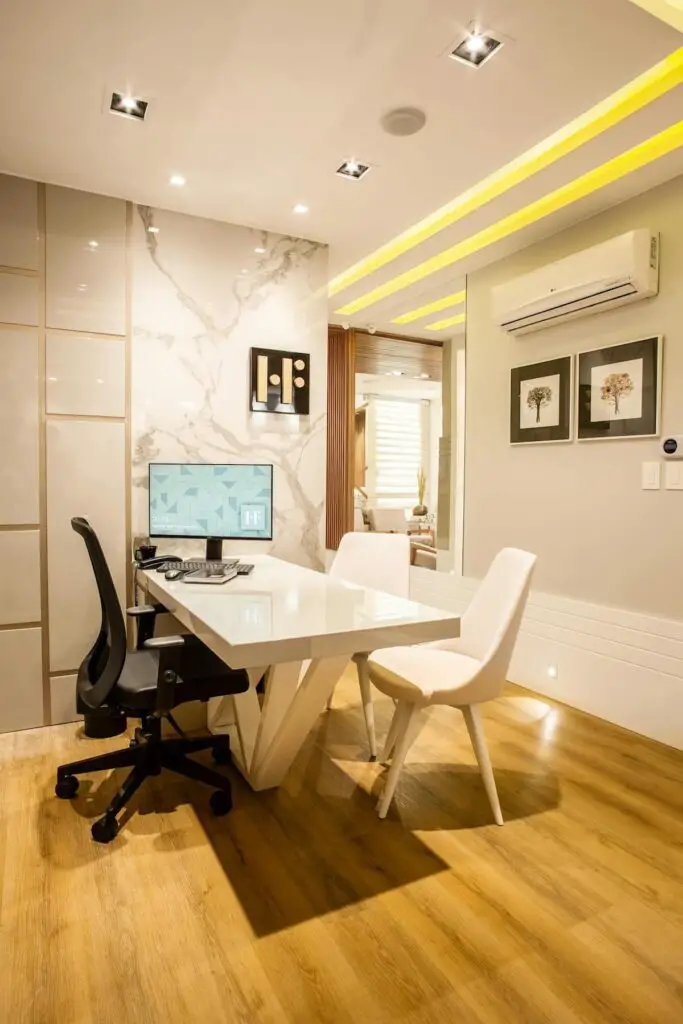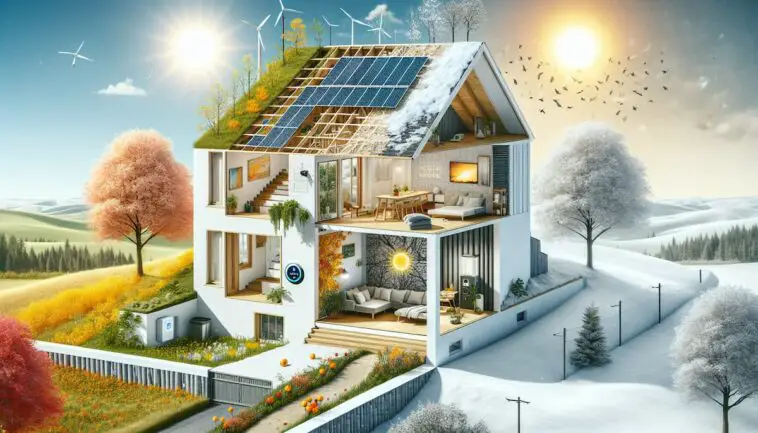With the seasons changing, many of us find ourselves toggling between heating and cooling systems, seeking comfort within our homes. However, this constant adjustment can lead to a spike in our energy bills if we’re not careful. The key to maintaining a comfortable living environment, without incurring exorbitant costs, revolves around the way we effectively manage your air conditioning unit and heating systems. Let’s explore various strategies to ensure your home remains a haven of comfort without draining your wallet.
Understanding your system’s efficiency
First things first, familiarizing yourself with your HVAC system is crucial. Knowing the type, model, and particularly its energy rating, can give you insight into how well it can perform without consuming excessive power. Systems with higher energy ratings are generally more efficient, translating to lower electricity bills in the long run. Additionally, never underestimate the value of regular maintenance. A simple act like replacing or cleaning your air filters can significantly reduce your system’s energy consumption by ensuring it runs more smoothly and efficiently.
Beyond the energy rating, understanding the Seasonal Energy Efficiency Ratio (SEER) for cooling and the Annual Fuel Utilization Efficiency (AFUE) for heating can also offer a deeper insight into your system’s efficiency. Appliances with higher SEER or AFUE ratings are generally more efficient. Additionally, consider scheduling an energy audit to help identify specific areas where your HVAC system might be losing energy and what steps you can take to improve its overall performance.

Smart thermostats, smarter savings
Investing in a smart thermostat is a game-changer for managing your home’s heating and cooling. These devices learn your living patterns and adjust the temperature accordingly. Not only do they save energy by regulating the temperature based on your routine, but they also offer the convenience of altering settings remotely. This means you can adjust your home’s temperature to an energy-saving setting when nobody’s home, ensuring you’re not paying to heat an empty house or cool an unoccupied room.
Modern smart thermostats also incorporate features like geofencing and activity sensors to optimize their settings even further. They can detect when you’re about to arrive home, or if the house is truly empty, and adjust the temperature settings to save energy while ensuring maximum comfort when needed. Furthermore, many models provide detailed energy usage reports, helping you track your consumption over time and make informed adjustments.
Upgrade and save in the long run to lower bills
Another effective method to conserve energy is through sealing and insulating your home properly. Windows and doors are common culprits for air leaks; sealing these can keep the desired warm or cool air inside, making your HVAC system work less. Additionally, paying attention to your attic and ductwork is vital. Proper insulation in these areas can lead to substantial energy savings, as your heating and cooling system won’t have to overexert itself to maintain your home’s temperature.
There comes a time when upgrading your HVAC system is the most cost-effective solution. Older systems tend to be less efficient and more costly to run. Investing in a newer, high-efficiency model can seem expensive upfront but can lead to significant savings on your energy bills over time. Similarly, considering energy-efficient windows supports your HVAC system’s efficiency by stabilizing your home’s indoor temperatures and reducing energy leakage.
Beyond the thermostat
Last but not least, simple lifestyle changes can contribute to lower energy bills. Incorporating shades, blinds, or curtains can help keep your home cooler in the summer and warmer in the winter. Moreover, making use of natural ventilation and cooling methods, like opening windows during cooler parts of the day or using fans, can reduce the need to rely heavily on your HVAC system. These small adjustments can make a big difference in how much energy you consume for heating and cooling your home.
In conclusion, there are numerous ways to save energy and reduce costs when it comes to your heating and cooling system. From getting to know your system’s capabilities and ensuring it’s properly maintained, to making smart upgrades and adopting energy-saving habits, every little effort counts. By taking proactive steps toward energy efficiency, you’ll not only enjoy a comfortable home environment but also reap the rewards of lower energy bills.




